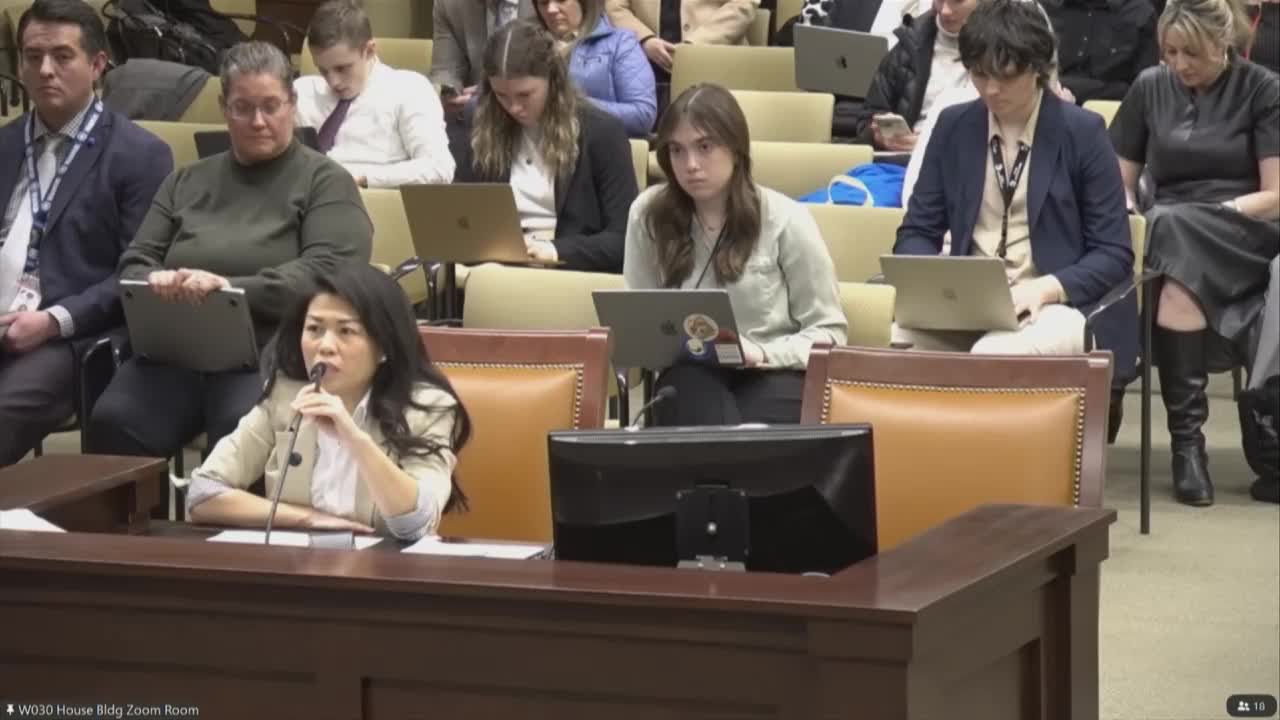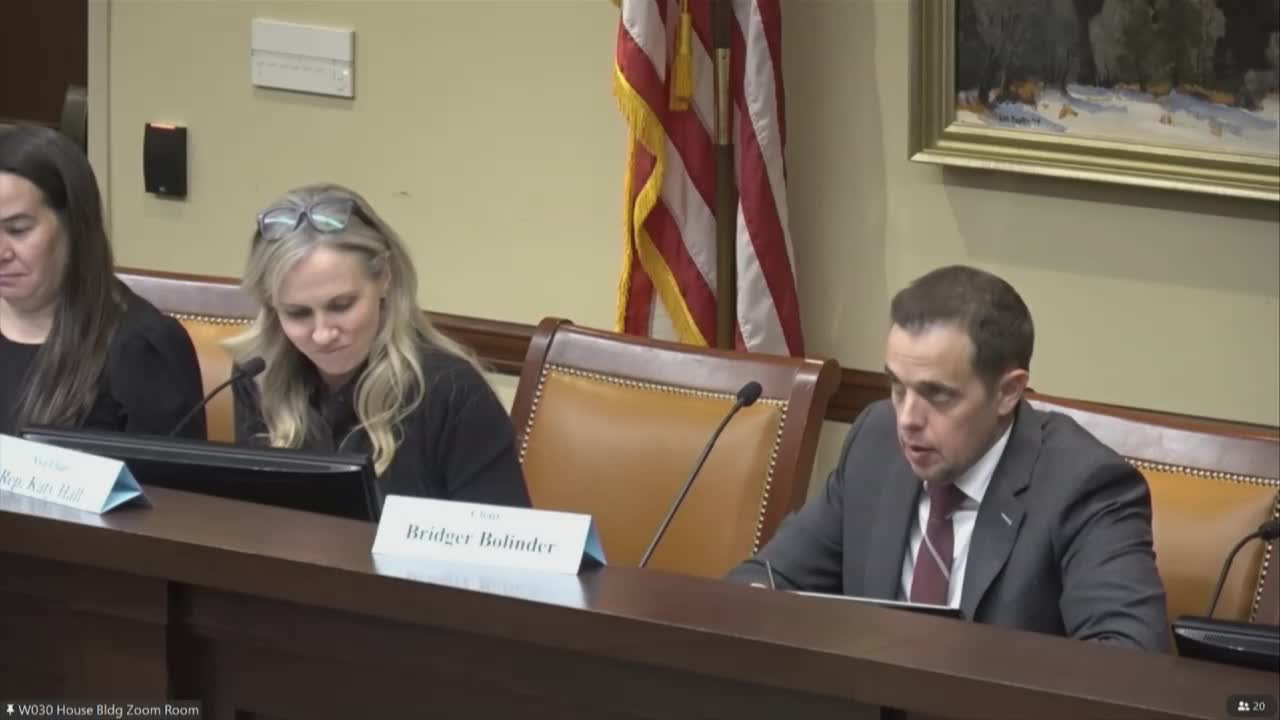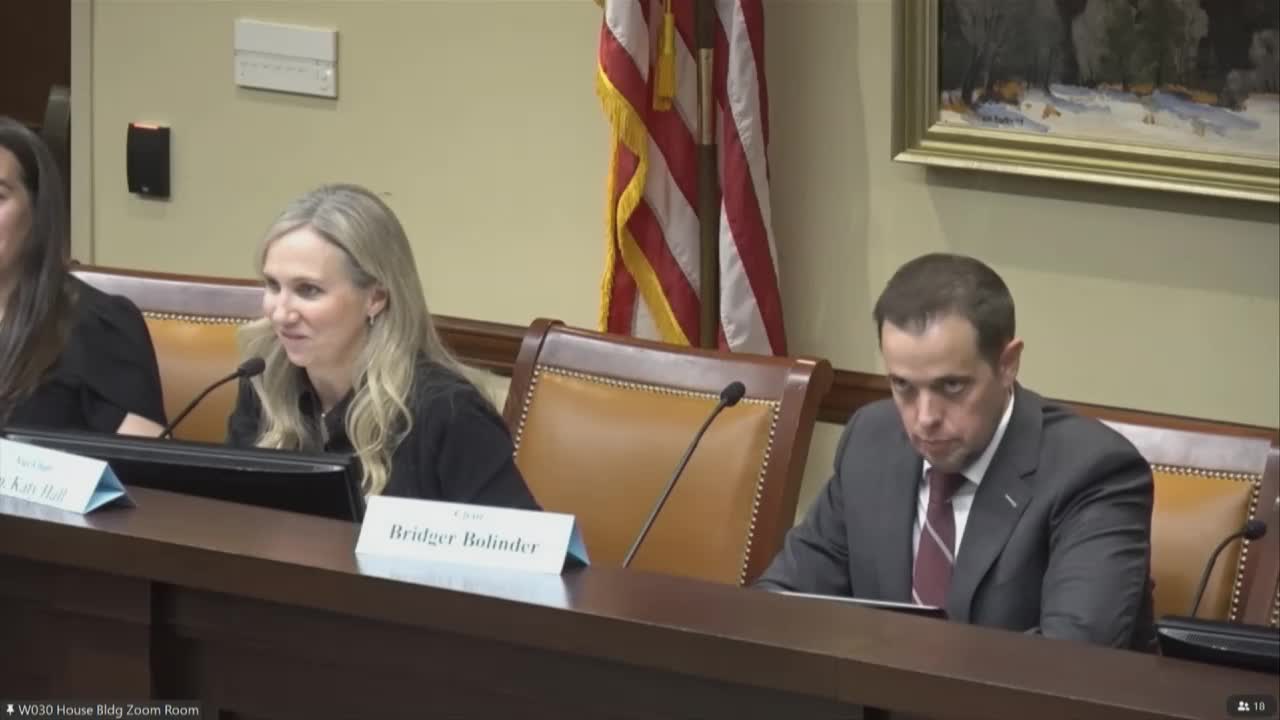Article not found
This article is no longer available. But don't worry—we've gathered other articles that discuss the same topic.

Committee repeals 'orders of constraint' language, adds mask‑exemption protections for certain medical disabilities

Panel approves bill letting four DHHS restricted accounts keep interest earnings

Committee forwards bill to codify veterans-homelessness coordination

Committee approves bill to require disclosure if vaccines are intentionally added to food

